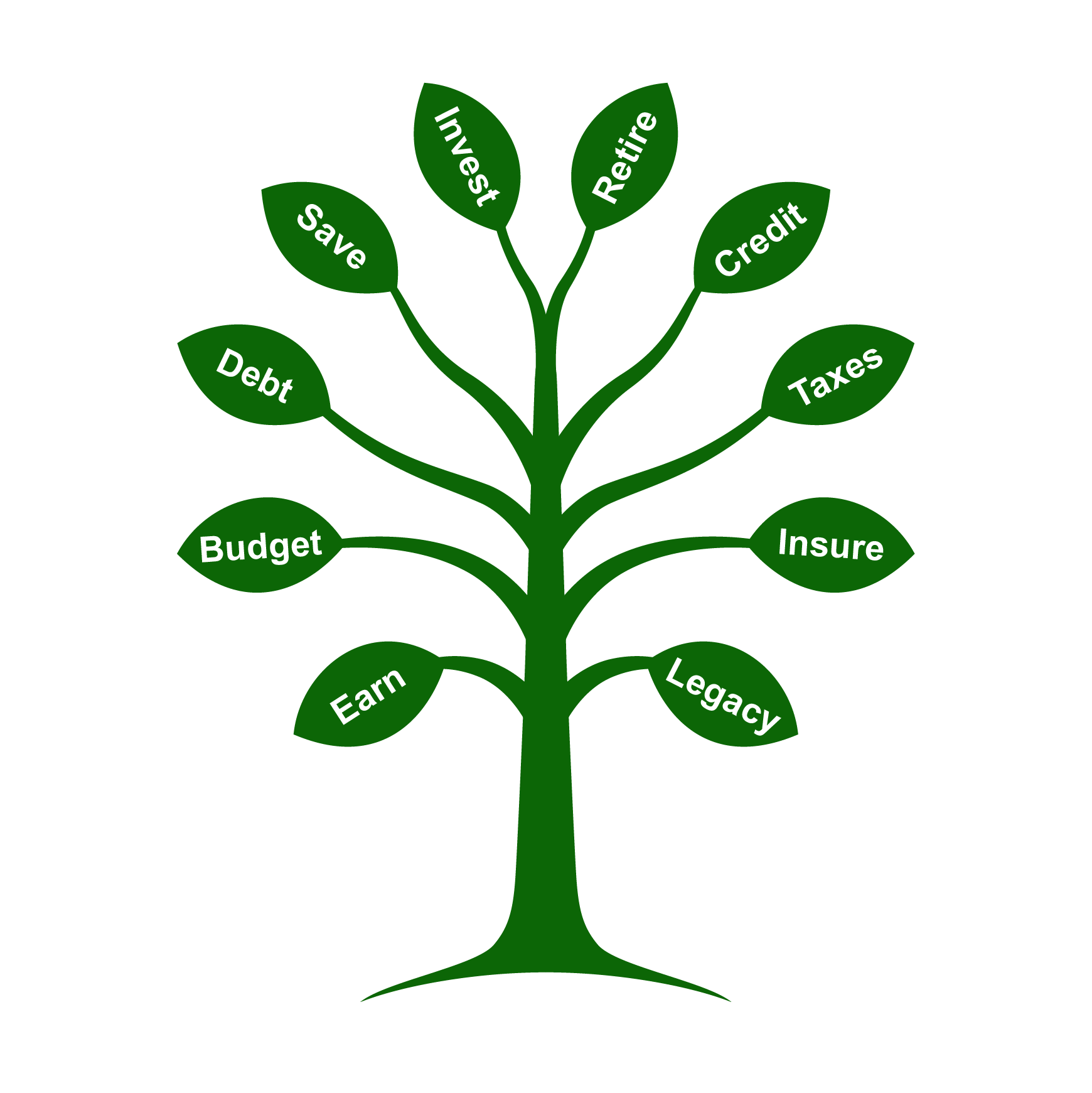What Is Tax Loss Harvesting

Have you ever wondered if there’s a way to make your investment losses work for you? Tax loss harvesting lets you use those losses to reduce your tax bill?
Understanding Tax Loss Harvesting
Tax loss harvesting is a strategy used by investors to reduce their tax liability through the sale of stocks, bonds, or mutual funds that have lost value. By selling these underperforming assets, you can offset the taxes on both gains and income. The key here is to understand that losses can be turned into opportunities to improve your financial situation.
Leveraging Tax losses
Reduction of taxable income. By utilizing losses, you can directly reduce your capital gains tax or even deduct up to $3,000 from your ordinary income.
Opportunity for reinvestment. This strategy frees up capital, allowing you to reinvest in assets that may yield better returns, enhancing the potential growth of your portfolio.
Implementation Considerations
Timing and frequency. It’s essential to evaluate your portfolio periodically, typically towards the end of the financial year, to identify opportunities for harvesting losses.
Navigating the wash sale rule. Be mindful of the IRS’s wash sale rule, which disallows a tax deduction for a security repurchased within a 30-day period before or after its sale. Understanding and adhering to this rule is crucial.
Who Should Consider It?
Not everyone will benefit from tax loss harvesting. It’s most advantageous for those who:
- Experience substantial capital gains.
- Are in higher tax brackets.
- Aim for long-term financial growth and tax optimization.
Potential Drawbacks
While harvesting tax losses can offer significant benefits, it’s not without its challenges:
- Cost considerations. Transaction costs can reduce the net benefit.
- Market risks. There’s always a risk of missing out on potential rebounds in sold assets.
- The strategy requires careful planning and continuous monitoring to align with your financial goals.
Working With a Financial Advisor
Considering tax loss harvesting as part of your investment strategy? It’s wise to discuss with a financial advisor to ensure it fits your individual financial landscape and goals.


